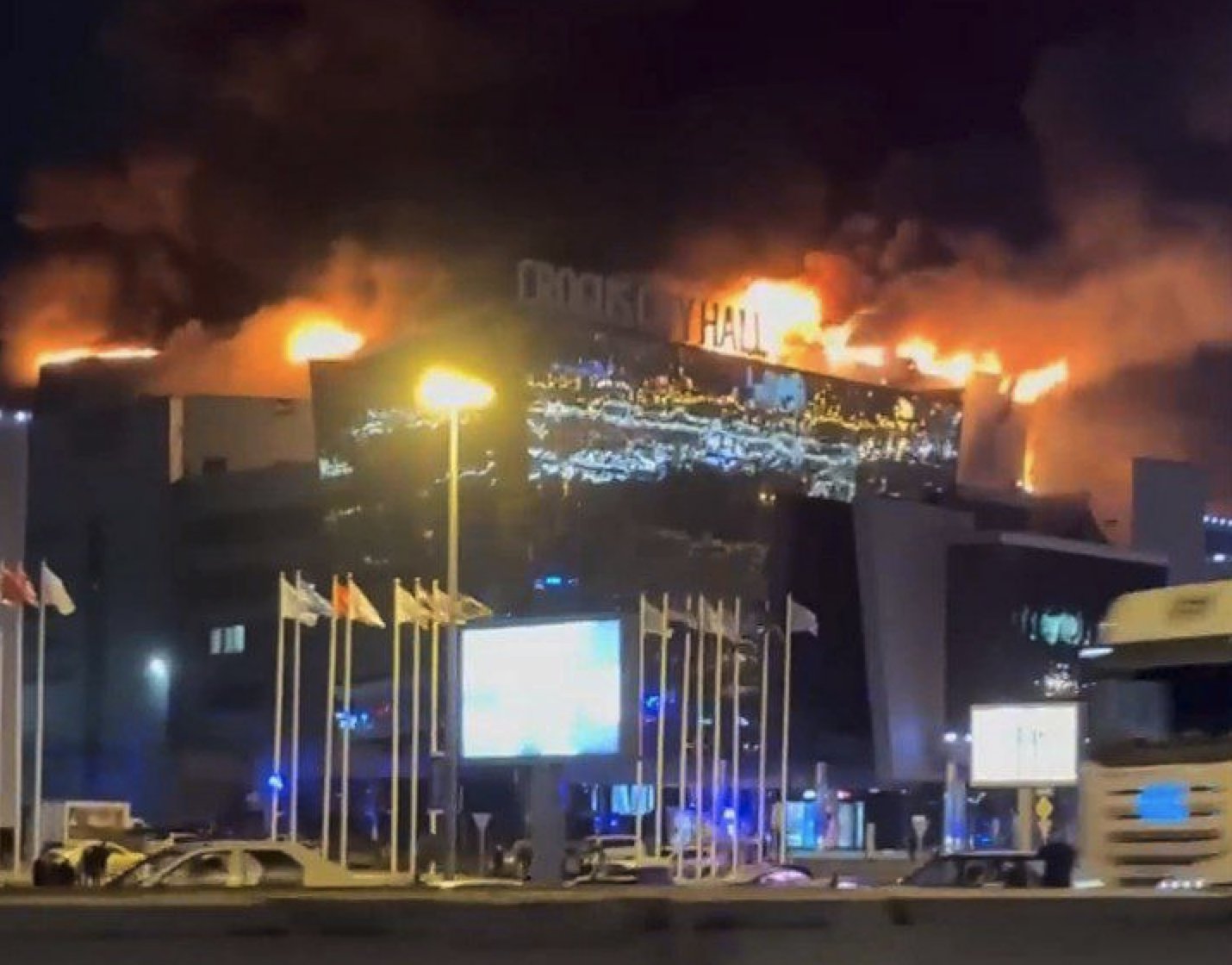Where did ISIS-K that hit Moscow originate and what does it want

Origins and objectives of Isis-K. The unheard alarms of the United States. And the failure of Russian security. Giuseppe Gagliano's point
No country has better intelligence on ISIS-Khorasan (known as ISIS-K) than the United States. American forces have faced ISIS-K almost since its founding in 2015 in Pakistan, just a few kilometers from the Afghan border.
HOW ISIS-K WAS BORN
It was there that a group of disgruntled members of the Tehreek-e-Taliban-e-Pakistan (TTP, commonly known as the Pakistan Taliban) began to break away from al-Qaeda, which they saw as a declining brand, and joined the Islamic State of Iraq and Syria (ISIS). By 2017, ISIS-K had begun attracting hundreds of fighters from Central and South Asia, inspired by the group's goal of establishing an Islamic caliphate in the lands of greater Khorasan, a historic area stretching from Iran eastern and Turkmenistan to the mountains of Kyrgyzstan, including all of present-day Afghanistan, most of Uzbekistan, and even some parts of the Russian Caucasus. Like the Islamic State of Iraq and Syria (ISIS) during its heyday, ISIS-K aspires to establish control over a territorially unified entity and then use perpetual warfare to expand its influence in Central Asia and beyond.
ISIS-K AGAINST THE UNITED STATES
Until 2021, the biggest obstacle to ISIS-K's plan for regional dominance was the United States. By some estimates, American forces and Western-trained Afghan commando units had managed to eliminate more than half of ISIS-K's 4,000-man base in northeastern Afghanistan. Since a hasty US withdrawal from the country in 2021 (tainted by an ISIS-K suicide bombing that killed nearly 200 people, including 13 US soldiers), ISIS-K has expanded its its reach beyond any previous measure. The group has claimed responsibility for attacks in Afghanistan, Pakistan, Iran and now Russia, which have killed more than 600 people and injured thousands.
A main reason for the proliferation of ISIS-K's terrorist activities is that the United States, which has more information about the group than anyone else, issues warnings that are not taken into account by the group's main targets, namely Afghanistan, Iran and Russia. Despite Washington's best efforts, its warnings of impending ISIS-K attacks were ignored by the group's primary targets. Just days after an ISIS-K attack that killed nearly 100 people in Kerman, Iran, the Wall Street Journal said the U.S. government had given Tehran “a private warning” of an imminent terrorist threat from of ISIS-K. If this is true, the Iranians clearly did not heed Washington's warning.
AMERICA KNEW ABOUT THE PLANS FOR THE ATTACK IN RUSSIA
It now appears that, once again, Washington had considerable detailed information about ISIS-K's plans to strike inside Russia . On March 7, the US embassy in Russia warned on its website that “extremists have imminent plans to target large gatherings in Moscow, including concerts.” The warning provided no specific details. However, considering how US authorities have issued private warnings to Iran, a country with which the US has no diplomatic relations, it is very likely that they have provided similar information to Russia, which at least hosts American diplomats and intelligence officers on its soil. Yet not only did the Russians ignore these warnings, they outright rejected them.
Three days before the deadly attack on Crocus City Hall in the city of Krasnogorsk, Russian President Vladimir Putin publicly stated that the US warning “resembled blackmail and the intention to intimidate and destabilize [Russian] society.” Some reports in Western media have translated Putin's use of the Russian term “provokatsiya” as “provocation.” But this translation is not precise; provokatsiya refers to a deliberate deception, designed or promoted by an intelligence service, in order to achieve a predetermined political objective. Putin went on to say that Russian intelligence should focus on Ukraine's "terrorist" tactics on Russian soil.
THE FAILURE OF THE PUTINIAN REGIME
The Russian leader, in an attempt to cover up his spectacular security failure, as well as the failure of his intelligence services, is insinuating that the Tajik terrorists behind the Crocus City Hall attack were somehow connected to Ukraine. For the record, ISIS-K, which claimed responsibility for the attack, has condemned the Afghan Taliban as “puppets of the West” and regularly refers to al-Qaeda as “apostates” (traitors). The Kremlin is trying to suggest that this Sunni militant group, which rejects the Taliban and al-Qaeda for being too soft on America, is now working with American ally Ukraine to destabilize Russia.
This is a machine translation from Italian language of a post published on Start Magazine at the URL https://www.startmag.it/mondo/isis-k-storia/ on Thu, 28 Mar 2024 07:14:11 +0000.
